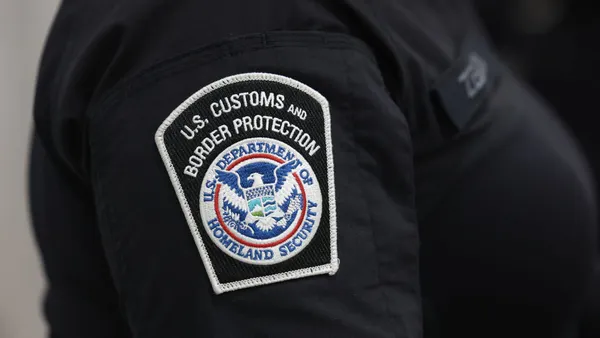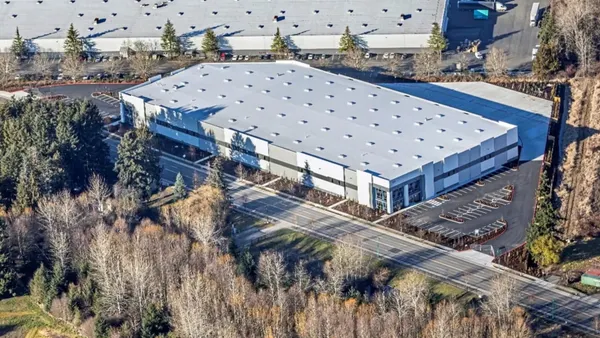Dive Brief:
- Reports earlier this month suggested Amazon had stopped buying products from many of its wholesalers, leaving them instead to sell on the company's marketplace, according to Bloomberg. Thousands of vendors were reportedly affected by this change.
- "We regularly review our selling partner relationships and make changes when we see opportunity to provide customers with better selection, value and convenience," Amazon said in a statement to Supply Chain Dive when asked about the change.
- Reporting by Adweek now suggests Amazon's purchases from vendors might be back to normal, but it's not clear what caused the initial pause in purchasing.
Dive Insight:
Forcing vendors to list products on the marketplace could result in more money for Amazon, who would not have to deal with the purchasing, storage and shipping cost associated with buying from wholesalers, Bloomberg noted.
David Hutchinson, the national director of paid platform merchandising at digital agency iProspect, told AdWeek that Amazon's lack of clear communication did not help with the panic.
"One of many challenges with Amazon is the way they communicate to their vendors, sellers, press, analysts —they are not sharers when it comes to information," Hutchinson told AdWeek. "And when you don’t share, people jump to conclusions."
Another analyst told AdWeek it could have been a technical issue causing orders not to go out.
Amazon is making one change in how it works with sellers this week. It will no longer require sellers to list their product on Amazon at a price lower than other marketplaces, according to CNN. Sen. Richard Blumenthal, D-Conn., in December called for an antitrust investigation into the company over these internal rules.
Correction: An earlier version of this article referred to vendors as sellers.














